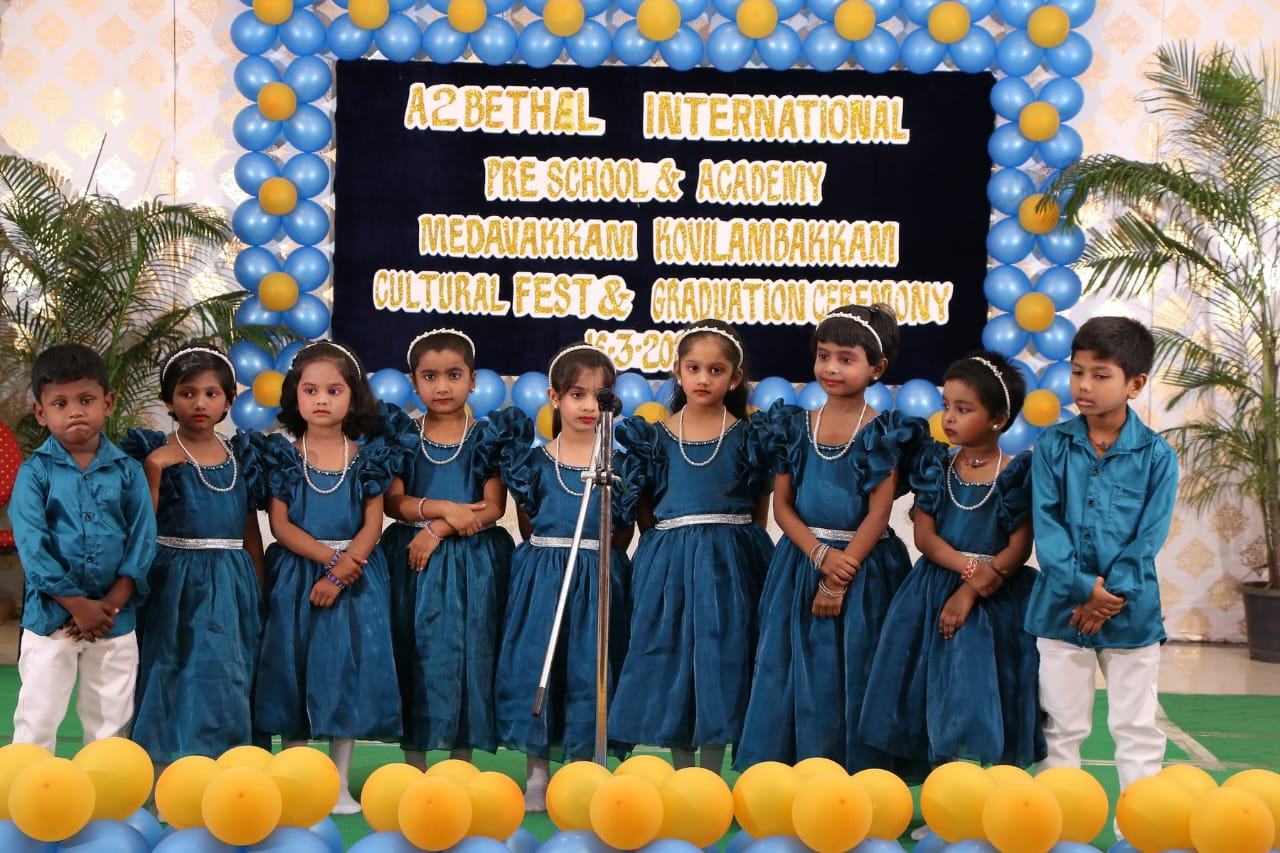
The Music and Movement program is an essential part of early childhood and primary education, designed to nurture creativity, coordination, rhythm, and self-expression. Through joyful participation in singing, dancing, rhythm games, and musical storytelling, children develop a deep connection to sound and movement while building important cognitive and physical skills.

The Yoga and Physical Education program promotes physical well-being, mindfulness, and healthy habits through age-appropriate movement and exercise. Children engage in fun activities that build strength, flexibility, balance, and coordination, while simple yoga poses and breathing exercises help develop focus, body awareness, and emotional regulation. Through games, stretches, and guided movement, students learn the value of staying active and caring for their bodies in a calm, supportive environment.

The Art and Craft program encourages creativity, imagination, and fine motor development through hands-on exploration with various materials. Children experiment with colors, textures, and shapes as they paint, draw, cut, glue, and build. Each activity nurtures self-expression and confidence, while also enhancing concentration and hand-eye coordination. Art and craft projects often connect with classroom themes, allowing children to explore concepts in a fun and meaningful way.
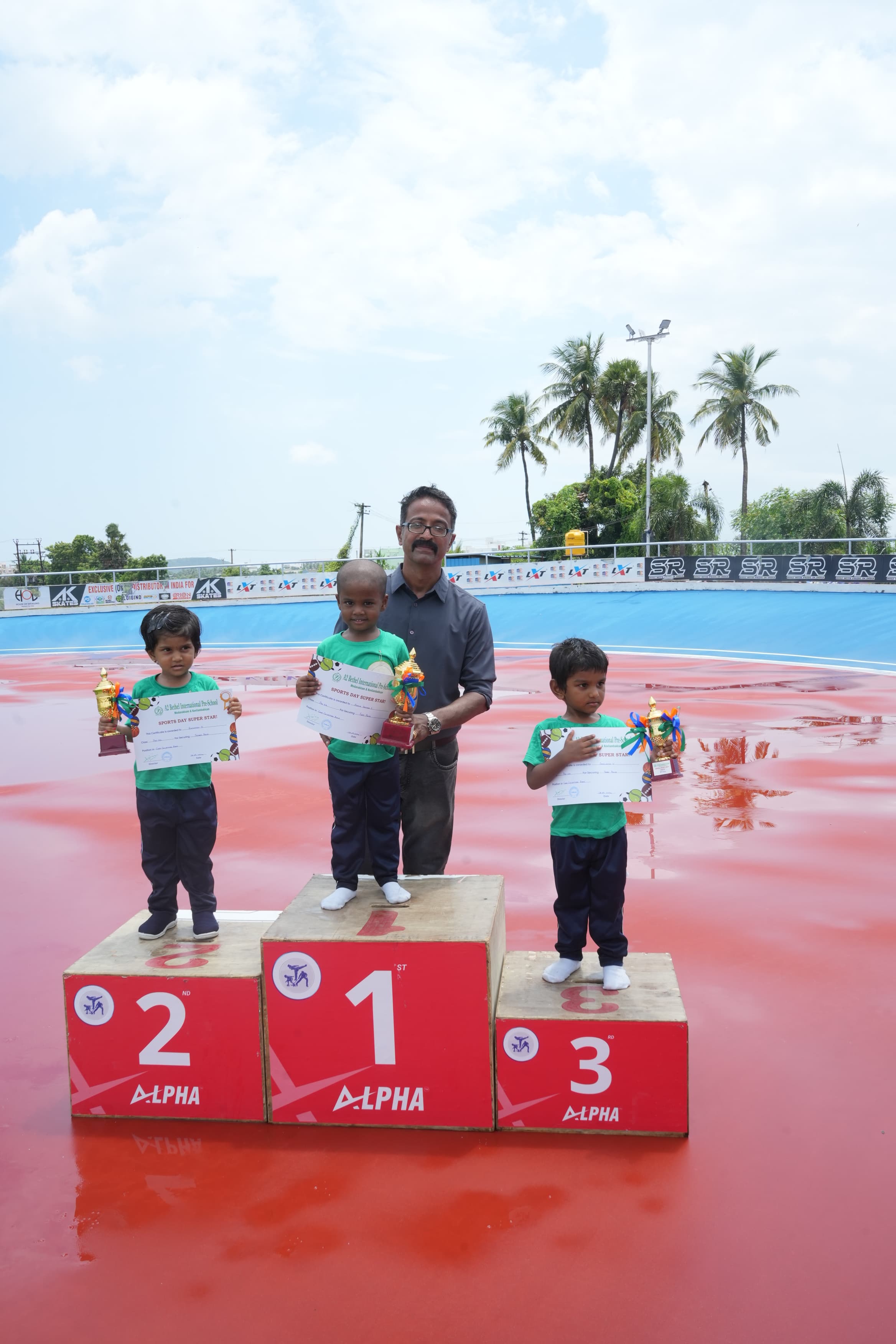
The Life Skills and Moral Education program helps children develop essential values and practical skills for everyday life. Through stories, role-play, discussions, and real-life examples, children learn about kindness, honesty, respect, empathy, responsibility, and making good choices. Activities focus on building self-awareness, communication, problem-solving, and teamwork. This program lays a strong foundation for emotional intelligence and ethical thinking, helping children grow into caring, confident, and responsible individuals.

The Storytelling and Drama program sparks imagination, enhances language skills, and builds confidence through creative expression. Children engage with stories through listening, role-play, puppetry, and dramatization, bringing characters and situations to life. These activities help improve vocabulary, listening, and comprehension while encouraging empathy and emotional understanding. By acting out stories and exploring different roles, children develop communication skills, creativity, and a sense of collaboration in a joyful, supportive environment.

The Keyboard program introduces children to the fundamentals of music through hands-on experience with the keyboard. Students learn basic notes, finger placement, rhythm, and simple melodies, fostering both musical understanding and fine motor coordination. Lessons are designed to be engaging and age-appropriate, encouraging a love for music while developing concentration, memory, and discipline. Through playful practice and performance, children gain confidence and an early appreciation for musical expression.
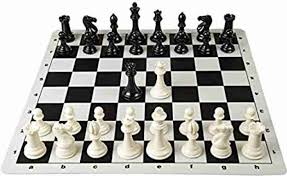
The Chess program helps children develop critical thinking, concentration, and strategic planning in a fun and engaging way. Through step-by-step instruction and guided play, students learn the rules of the game, basic tactics, and how to think ahead. Chess encourages patience, problem-solving, and decision-making, while also teaching valuable life skills such as sportsmanship and perseverance. Whether playing with a partner or solving puzzles, children build mental agility and confidence in a calm, focused environment.

The Drums program introduces children to the exciting world of rhythm and percussion. Through fun, hands-on sessions, students learn basic drumming techniques, simple beats, and rhythmic patterns using age-appropriate drums and percussion instruments. This program enhances coordination, listening skills, and a sense of timing, while also encouraging creativity and self-expression. Playing in groups fosters teamwork and musical awareness, making learning both dynamic and collaborative.

The Bharatanatyam program introduces children to one of India’s oldest and most graceful classical dance forms. Through basic steps (adavus), hand gestures (mudras), and facial expressions (abhinaya), students learn to tell stories through movement and rhythm. This art form not only builds physical strength, flexibility, and coordination but also cultivates discipline, focus, and cultural appreciation. Taught in a joyful and respectful environment, Bharatanatyam helps children connect with tradition while expressing themselves creatively.

The Western Dance program offers children a lively and energetic introduction to various modern dance styles such as jazz, hip-hop, freestyle, and contemporary. Through fun choreography and rhythmic movement, students improve their coordination, flexibility, and sense of rhythm. Dance routines are taught in an age-appropriate and engaging way, encouraging creativity, self-expression, and confidence. Group performances and teamwork help build social skills and a love for movement in a joyful, upbeat environment.
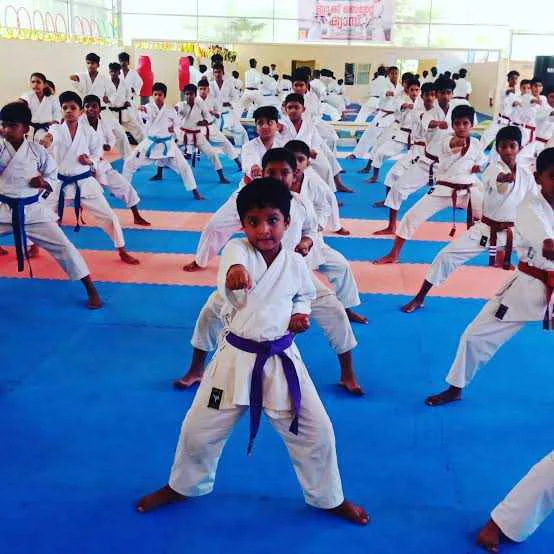
The Karate program teaches children the basics of this traditional martial art, focusing on discipline, self-control, and respect. Through guided practice of stances, strikes, blocks, and simple katas (forms), students build strength, balance, coordination, and confidence. Karate also emphasizes mental focus, patience, and perseverance, helping children develop both physical fitness and a positive mindset in a safe and supportive setting.

The Tuition program offers personalized academic support to help children strengthen their understanding of core subjects such as math, language, and science. Through small group or one-on-one sessions, experienced teachers tailor lessons to each child’s learning pace and style, reinforcing classroom concepts and addressing individual challenges. This focused approach builds confidence, improves study habits, and encourages a positive attitude toward learning, ensuring students stay motivated and succeed academically.
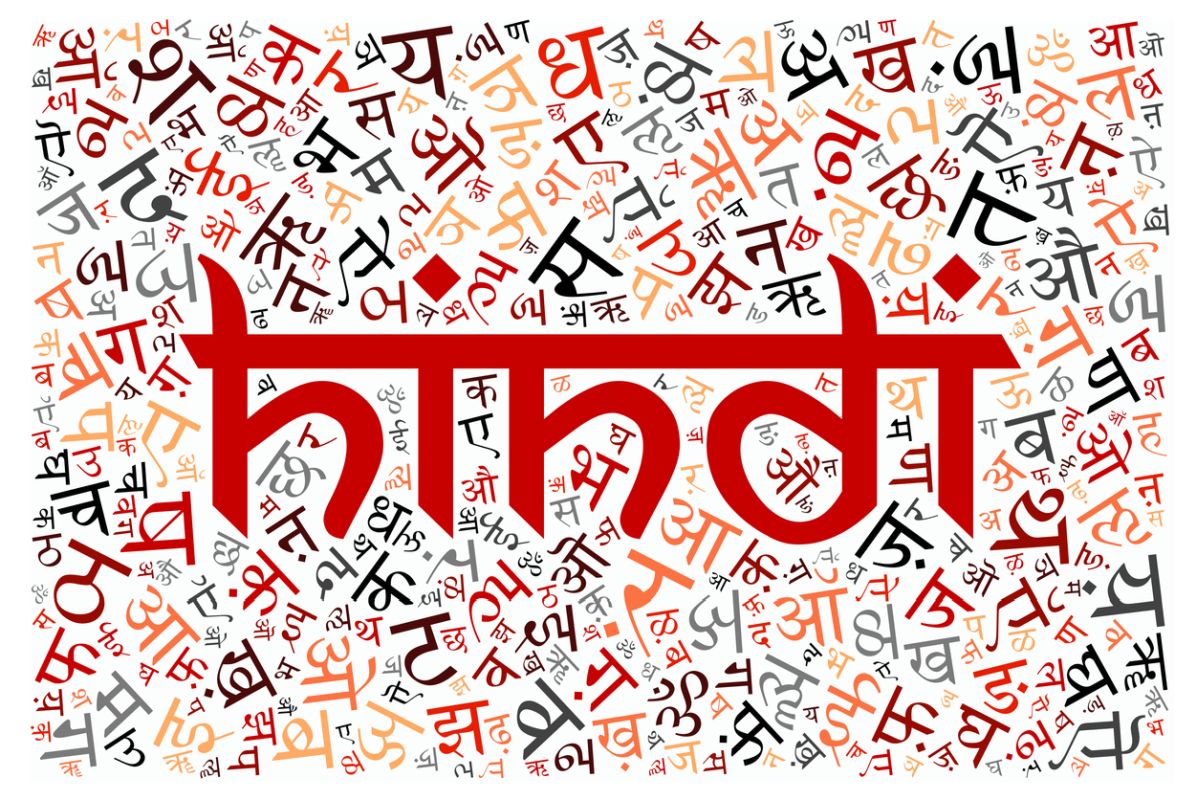
The Hindi program introduces children to the fundamentals of the language through listening, speaking, reading, and writing activities tailored to their age and level. Using stories, songs, rhymes, and interactive games, students develop vocabulary, pronunciation, and basic grammar skills in a fun and engaging way. The curriculum fosters a love for Hindi language and culture, while building strong communication skills and confidence in expressing thoughts both orally and in writing.

The Abacus program introduces children to a powerful tool for developing strong mental math skills. Using a physical or visual abacus, students learn to perform basic arithmetic operations like addition, subtraction, multiplication, and division through hands-on manipulation of beads. This method enhances concentration, memory, visualization, and problem-solving abilities. The program helps children build speed and accuracy in calculations while making math learning fun and interactive.

The Drawing program encourages children to explore their creativity and develop fine motor skills through various techniques and materials. From simple shapes and lines to more detailed sketches, children learn to observe, imagine, and express ideas visually. Drawing activities help improve hand-eye coordination, focus, and confidence, while also fostering a sense of accomplishment and personal expression in a relaxed, inspiring environment.
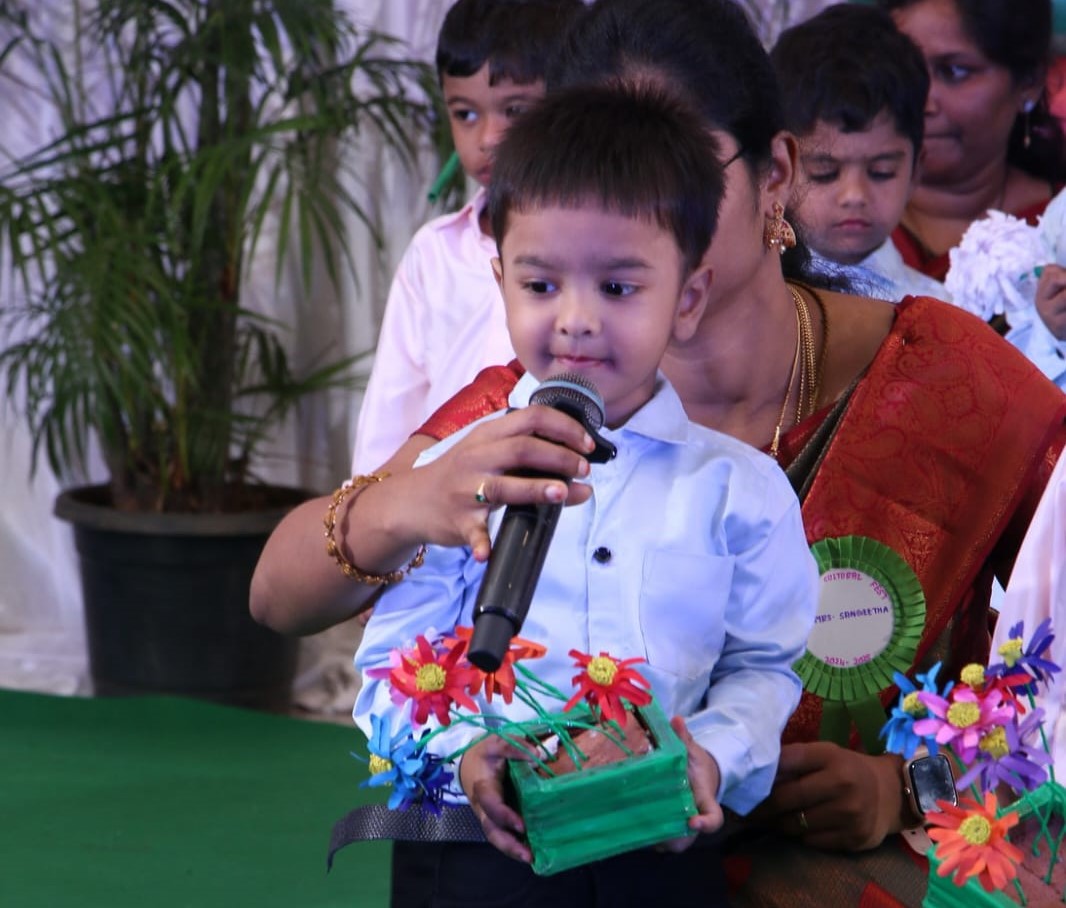
The Vocal program focuses on developing children’s singing abilities and voice control through fun and engaging exercises. Students learn basic vocal techniques, pitch recognition, breathing control, and rhythm by practicing songs, warm-ups, and simple melodies. This program helps build confidence, ear training, and expressive skills, encouraging children to enjoy music and communicate emotions through their voice in a supportive and joyful setting.

Loading